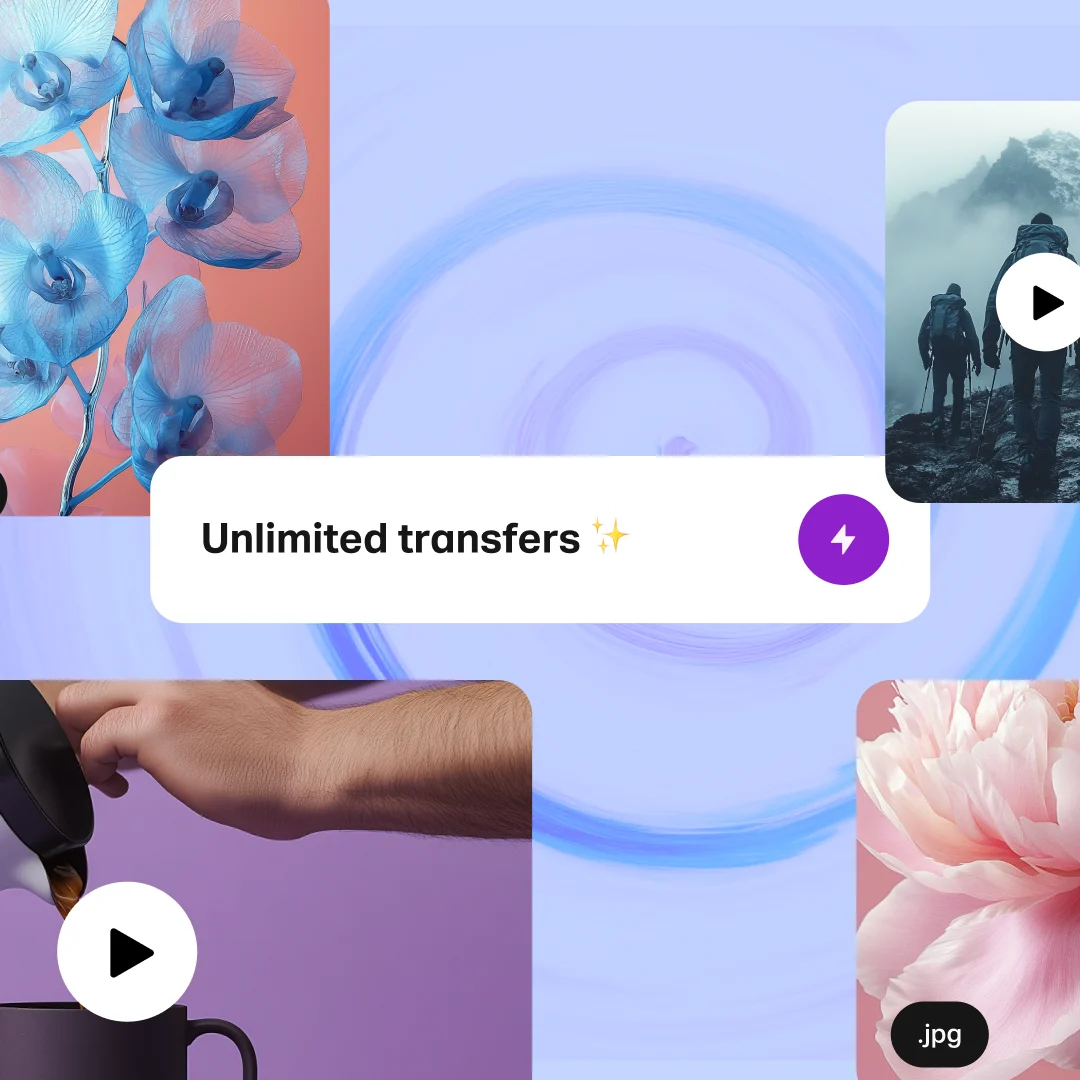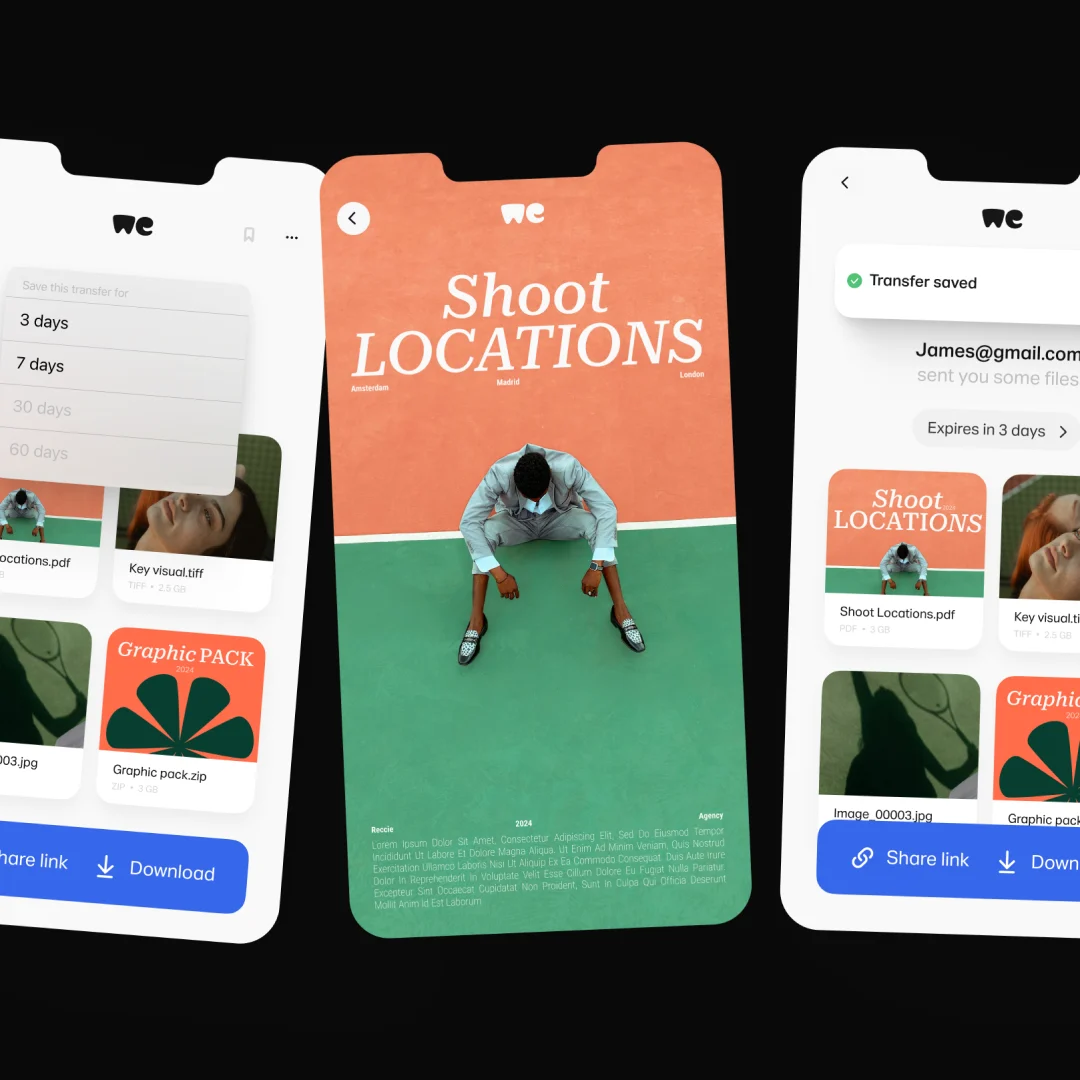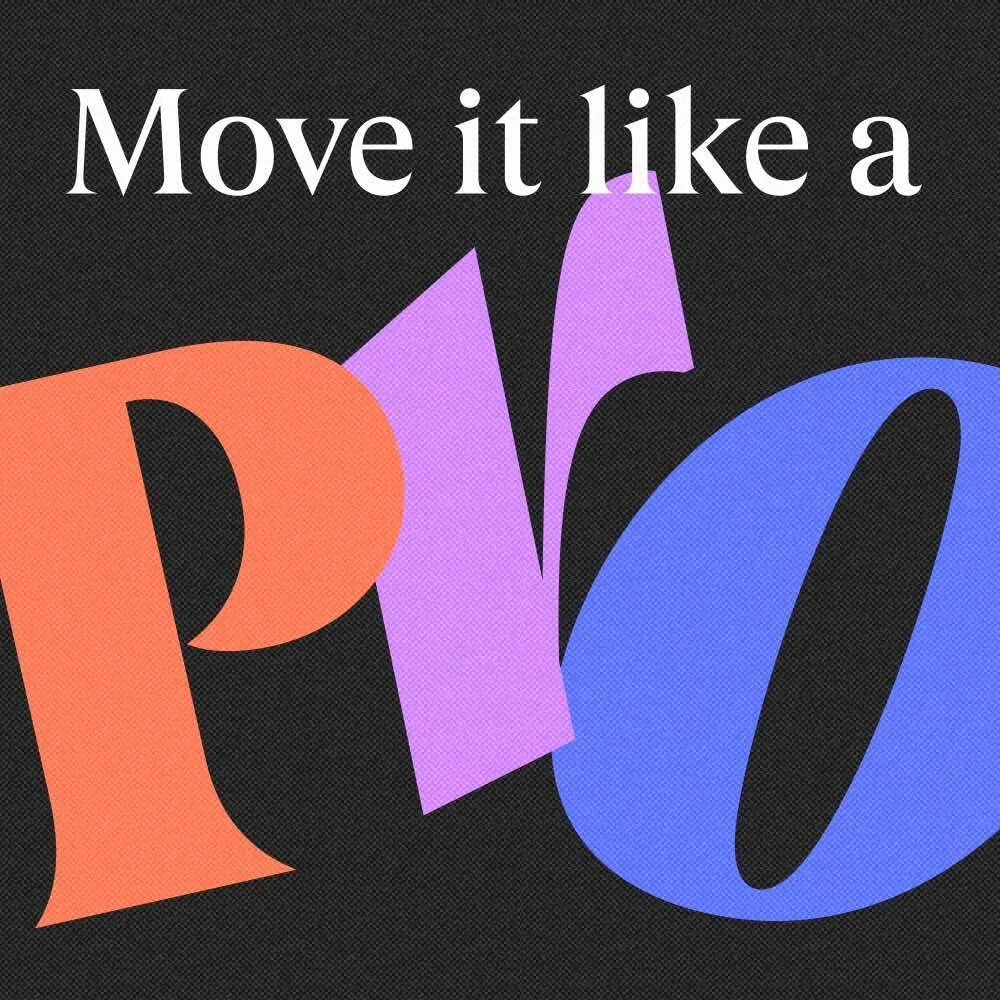Season 3 roundup - Influence Podcast
Throughout this season Damian chats to Ben & Jerry's co-founder Jerry Greenfield and explores what happened behind closed doors at Cambridge Analytica, plus much more

Season 3: click to listen
Episode 1: Ben & Jerry on Fighting Injustice with a Spoon Full of Sugar In the season kick-off, Damian talks to Ben Cohen and Jerry Greenfield, the co-founders of Ben & Jerry’s, about the company's founding principles and keeping its mission on course as one of the world's most recognised ice cream brands. The pioneers of responsible business share why the social mission should never be a ‘job done.’ Whether partnering with local businesses or taking fierce action against police brutality, the duo’s campaigning zeal is still as bright as ever.
Episode 2: Brittany Kaiser on Standing Up to the Big Data Baddies In this revealing conversation with Damian, Brittany Kaiser shares what happened behind closed doors at Cambridge Analytica. She talks about Cambridge Analytica's involvement in Donald Trump's presidential campaign, how the company used our data against us, and her experience as a whistle-blower. Plus: The things she wants everyone to know about data privacy. Episode 3: Eli Pariser on Building Public Parks Online On today's episode, Damian talks to Eli Pariser, author of The Filter Bubble and co-founder of New Public, about designing digital public spaces for the future. Using examples from across the globe, Eli imagines how online communities can work on bringing people closer together instead of driving us further apart.

Episode 4: Justin Willman on Magic, Illusion, and Manipulation Damian explores the delightfully manipulative power of magic with the magician and comedian Justin Willman. Together they unpack the basic human principles underlying the ‘attention economy’, subliminal messaging, and the element of surprise. Episode 5: Nadya Tolokonnikova on Activism, Art and Accepting Vulnerability Nadya Tolokonnikova brought Russian punk feminism into existence with the creation of Pussy Riot, a music group and conceptual art piece in one. The Putin government put her in jail for two years after one of her performances. Despite the risks, she's spent the past decade working at the intersection of art and activism. In our latest episode, Tolokonnikova speaks with Damian about what's happened since the early days of Pussy Riot, why she believes in NFTs and the growth of digital art, and her emotional growth and current projects, including a unique performance she has planned at Chernobyl. Episode 6: Aaron Koblin on Art, Data, and Virtual Reality Aaron Koblin's dazzling data art projects have animated Johnny Cash's music and brought an Arcade Fire music video to viewers' childhood homes. On today's episode, Damian talks to the artist, designer, and co-founder of the VR company Within about what it means to be a tech optimist today, how VR might lead to more compassion, and how to save ourselves from the tech beasts we've created. Episode 7: Noreena Hertz on Generation Lonely and Craving Connection Loneliness affects everything from our physical health to our voting choices, according to research from this episode’s guest, Noreena Hertz. Her book, The Lonely Century, chronicles a loneliness crisis across the developed world. On this episode, Damian and Noreena discuss how technology, neoliberalism, open offices, and cities contribute to loneliness, and what people, workplaces, and governments can do to bring people together.


Episode 8: Nichelle Tramble Spellman on the Writer’s Responsibility and Representation in Hollywood Damian meets Nichelle Tramble Spellman, the creator and showrunner of the Apple TV+ series Truth be Told. Nichelle discusses representation in Hollywood, being true to her characters, and how she’s supporting the next generation of filmmaking talent—and stories not often seen on the screen—with her production company The 51. Her work writing and producing for television influences not only what stories are told, but also how audiences see the world.
Episode 9: Moon Ribas and Neil Harbisson on Life as Cyborgs To perceive colour for the first time, Neil Harbisson implanted an antenna into his skull. To experience the movement of earthquakes within her body, Moon Ribas implanted sensors into her feet. Damian meets the two cyborg artists and co-founders of the Cyborg Foundation to find out how technology has altered their perceptions of reality, blurred the lines between human and machine, and tested the boundaries of society. Episode 10: Martha Lane Fox on Responsible Tech, Social Justice, and the House of Lords In this episode, Damian talks to responsible tech evangelist (and WeTransfer Board Chair) Martha Lane Fox. As a Crossbench Peer in the United Kingdom House of Lords, a board member of Twitter and Chanel, and an early startup success, Martha has a unique voice in some of the most influential rooms on the planet. In this conversation, she talks about bringing a European perspective to Twitter, how video conferencing has made it easier to speak up in the House of Lords, and how she uses her many positions for good.


Episode 11: Bishop Rose Hudson-Wilkin on Challenging the Status Quo When Rose Hudson-Wilkin was first called to church ministry as a child, the Church of England did not allow women to be priests. But being told what she could and couldn’t do didn’t deter her then, and it doesn’t deter her now. On this episode, Bishop Rose speaks to Damian about her journey from growing up in Jamaica to becoming a bishop in the Church of England—the first Black woman allowed the position. She talks about using her role to challenge discrimination, stand up for the vulnerable, and reaffirm the power of community.
Episode 12: Xiaowei Wang on What Rural China Teaches Us About Technology In this episode, Damian talks with the artist, writer, and coder Xiaowei Wang about their surprising findings about modern technology from their travels in rural China. Expanding on their book, Blockchain Chicken Farm, Wang shares models for decolonizing tech, challenges our ideas about rural vs urban innovation, and calls for a more expansive vision for global advancement (instead of a tech silver bullet).
Episode 13: Dan Keeling on How Culture and Curation Matter for the Future of Wine In this episode, Damian talks wine with Dan Keeling, the co-founder and editor of the bright, funny, and boisterous Noble Rot Magazine, and the co-founder of the Noble Rot restaurants in London. Dan talks about leaving his plum position in the music industry—one he earned after discovering acts like Coldplay and Lily Allen (maybe you've heard of them)—to make a magazine about wine. In this conversation, Dan talks about how sharing his enthusiasm for wine is rapidly changing the culture of it.
Isha Datar is on a mission to change the way we eat. On this episode, she shares what she's learned from more than a decade at the forefront of ‘cellular agriculture’
Episode 14: Cyrill Gutsch on Harnessing Creativity to Tackle Ocean Plastic Damian interviews the founder of Parley for the Oceans Cyrill Gutsch about his journey from product designer to environmental leader. Focusing on plastic, Cyrill talks about using art to inspire action, upcycling plastic collected from the ocean, and pioneering new materials that are better for the earth. But his vision is bigger than that. Cyrill has found a way to capture our attention, and by bringing ocean plastic to the forefront, has given us a path to a better future.
Episode 15: Isha Datar on Feeding the World with Lab-Grown Meat Isha Datar is on a mission to change the way we eat. On this episode, she shares what she's learned from more than a decade at the forefront of "cellular agriculture," a term she coined. She talks about how lab-grown meat could not only reshape and reimagine the future of food, but also how it could dramatically scale back farming's environmental impact. Episode 16: Davis Guggenheim on What Makes a Story Worth Telling On this episode, Damian talks with the acclaimed director and founder of Concordia Studio, Davis Guggenheim. Davis shares the story of how he turned Al Gore’s dry slide deck about global warming into an Academy Award-winning film that transformed the public’s understanding of climate change with his documentary An Inconvenient Truth (2006). He also explains the ingredients of a good documentary, breaks down how they’re realized in his films about Malala and U2, and talks about how storytelling, when done right, has the power to unite us.
Check out our Influence Podcast page
Influence is a production of WeTransfer, produced in association with Reasonable Volume.
Related articles
 2025 WeTransfer plans remix—see our latest plans
2025 WeTransfer plans remix—see our latest plansWe’re remixing WeTransfer’s subscription plans, combining the best of the old with some fresh ideas. Highlights include WeTransfer’s most affordable plan ever, expanded access to powerful features, and the introduction of monthly limits for the Free plan.
 Save for now. Get to it later
Save for now. Get to it laterNever stress about expired links again. Discover how WeTransfer's ‘save for later’ feature lets you store and access important files whenever you need them.
 Unleashing our next era of growth, with Bending Spoons
Unleashing our next era of growth, with Bending SpoonsWeTransfer joins the Bending Spoons portfolio of digital businesses
 Share big files from the same place you create them
Share big files from the same place you create themWeTransfer Teams Up with Adobe to streamline content sharing with new add-on for Adobe Express
 Behind the scenes with WeTransfer and Tribeca Festival
Behind the scenes with WeTransfer and Tribeca FestivalWhy we partnered with the iconic film festival for our latest short film launch
 Get Partner Perks with WeTransfer: Unlocking Creativity Together
Get Partner Perks with WeTransfer: Unlocking Creativity TogetherNew partner benefits and discounts exclusively for WeTransfer Pro subscribers
 Set a price, share your work, and get paid with WeTransfer
Set a price, share your work, and get paid with WeTransferIntroducing a simpler way to get paid for client work and make money from your creativity
 “Move it like a Pro” campaign highlights simple tools that help creators
“Move it like a Pro” campaign highlights simple tools that help creatorsA behind the scenes look into WeTransfer's latest brand campaign
 New Rules: Inspiring creatives at a difficult time
New Rules: Inspiring creatives at a difficult timeWe’ve launched a guide to help photographers navigate an industry in flux
 Creating a world? Join our new research project
Creating a world? Join our new research projectSubmit your projects to get published in our new memo, take part in our research and get paid for doing it.
 Talk to the Moon: one giant leap for WeTransfer
Talk to the Moon: one giant leap for WeTransferThe story of Talk to the Moon: a wonderfully strange AI experience, brought to life on WeTransfer
 Why we’re giving everyone at WeTransfer Fridays off over the summer
Why we’re giving everyone at WeTransfer Fridays off over the summerIntroducing WeTransfer Time Off: summer edition, with every full Friday during July and August granted as a day off, without changing our work patterns Monday to Thursday or adjusting compensation and benefits
 Season 4 roundup - Influence Podcast
Season 4 roundup - Influence PodcastDuring this season we talk to UK-based fashion designer Harris Reed and Oscar-winning actor, writer, producer and musician Riz Ahmed, plus more
 Season 2 roundup - Influence Podcast
Season 2 roundup - Influence PodcastDuring this season we explore the complexity of being black in America, non verbal communication, plus more
 Season 1 roundup - Influence Podcast
Season 1 roundup - Influence Podcastinfluence-podcast-by-wetransfer-season-1
 We’re launching our next act
We’re launching our next actSupporting the next generation of creatives
 Meet Holley M. Kholi-Murchison, Our New Creative Researcher-in-Residence
Meet Holley M. Kholi-Murchison, Our New Creative Researcher-in-ResidenceThe social practice artist sheds light on how our first creative residency came to life
 Alva Skog has an idea
Alva Skog has an ideaYou might notice some cheeky new artwork during your transfers by this Swedish artist. Here's how they came to life.
 Designing the 2020 Ideas Report
Designing the 2020 Ideas ReportTo show the impact of a year of chaos on the creative mind, we had to think outside the box
 When the going gets tough, the tough get going
When the going gets tough, the tough get goingCovid-19 has offered an unexpected opportunity for creatives to reset and innovate
 From Idea to Idea App in 3 Days Flat
From Idea to Idea App in 3 Days FlatHacking together an idea at the WeTransfer Hackathon
 Apple's SwiftUI
Apple's SwiftUIHow Collect experienced integrating this new technology
 Giving back to the open-source community
Giving back to the open-source communityHow the engineers at WeTransfer came together to support the open-source community
 More voices = better ideas
More voices = better ideasOur mission to bring more diverse voices to the table (and make sure they’re heard)
 Nelly Ben Hayoun and Arjun Appadurai on counter culture & education
Nelly Ben Hayoun and Arjun Appadurai on counter culture & educationSupporting pluralistic thinking with the University of the Underground
 The Trust Manifesto by Damian Bradfield
The Trust Manifesto by Damian BradfieldIf you could reinvent the internet now, what would it look like?
